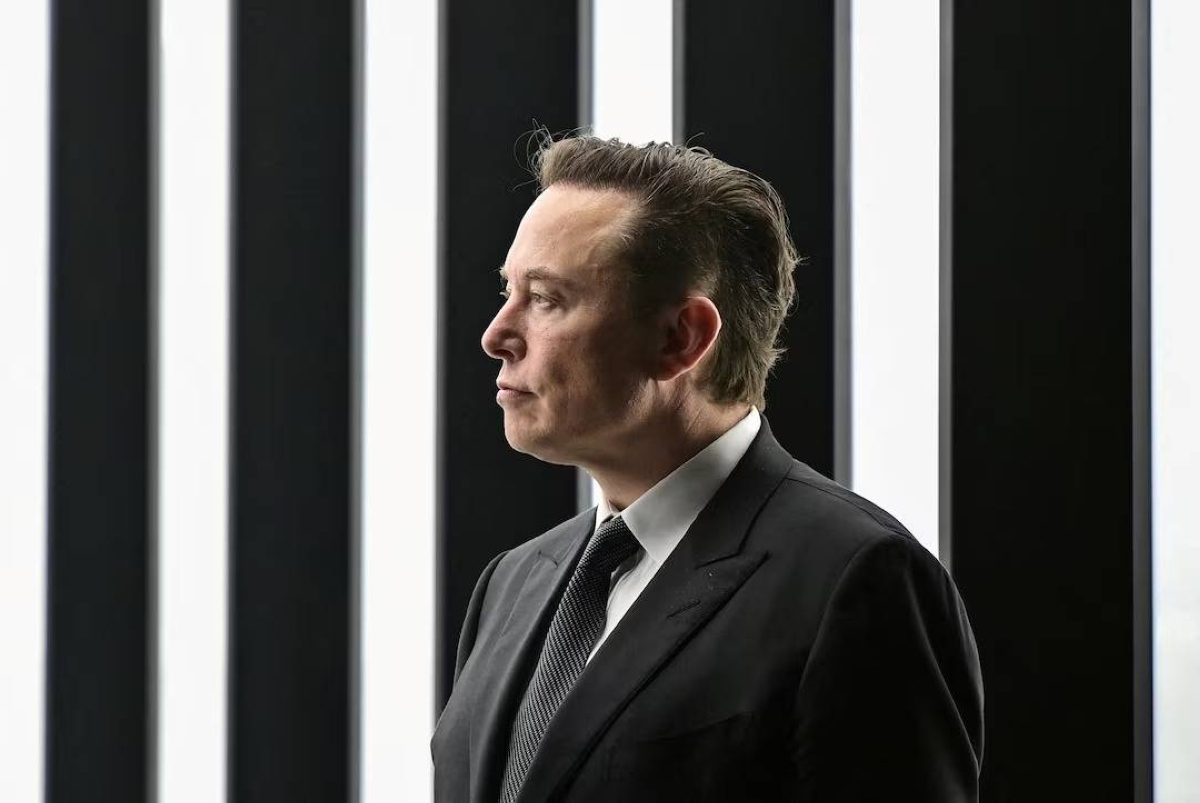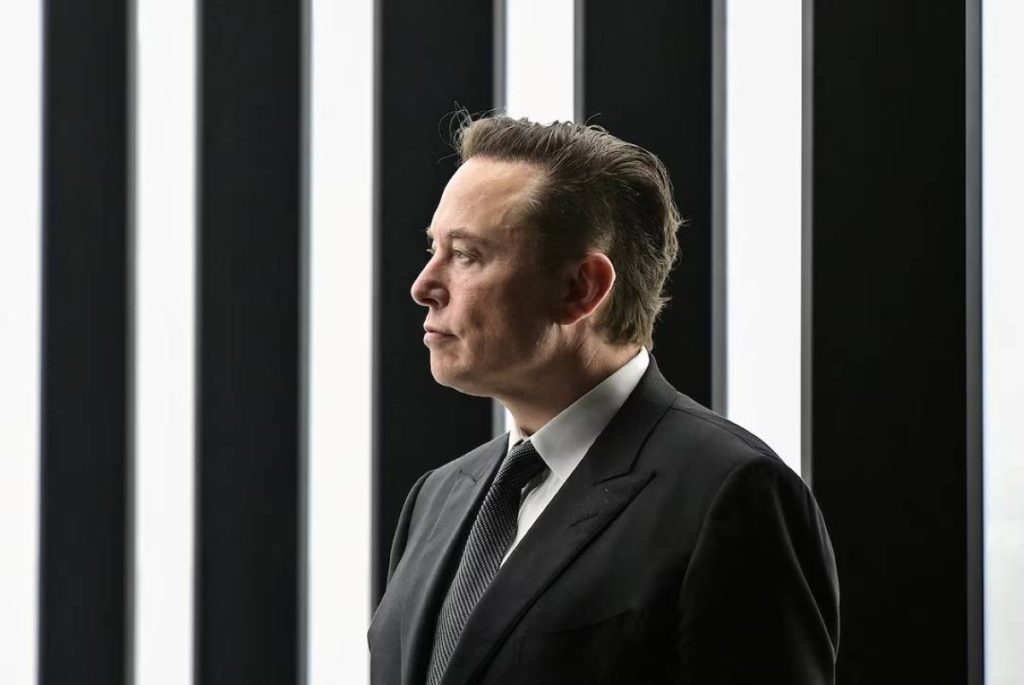في خطوة قانونية بارزة، رفعت شركة XAI، المتخصصة في تطوير الذكاء الاصطناعي ويملكها الملياردير إيلون ماسك، دعوى قضائية في المحكمة الفيدرالية بولاية تكساس ضد شركتي آبل وOpenAI، الشركة المطورة لتطبيق ChatGPT.
تتهم الدعوى الشركتين بالتآمر غير القانوني لتقييد المنافسة في سوق الذكاء الاصطناعي، ما يعزز احتكارهما ويحد من قدرة الشركات الناشئة مثل XAI على المنافسة.
ووفقا للدعوى، تسعى آبل وOpenAI إلى تثبيت سيطرتهما على الأسواق من خلال اتفاقيات حصرية تمنع الشركات الأخرى من تحقيق مكانة بارزة في سوق التطبيقات.
وتزعم XAI أن آبل، من خلال دمج ChatGPT في أنظمة تشغيل أجهزتها (iPhone، iPad، وMac)، قد عرقلت فرص تطبيقات مثل تطبيق X وGrok التابعين لـXAIمن الظهور بشكل بارز في متجر التطبيقات الخاص بها، وتطالب XAI بتعويضات تصل إلى مليارات الدولارات بسبب الأضرار الناتجة عن هذه الممارسات.
تأتي هذه الدعوى في أعقاب تهديد سابق من إيلون ماسك في وقت سابق من أغسطس 2025، إذ أشار عبر منصته “X” إلى أن ممارسات آبل تجعل من المستحيل على أي شركة ذكاء اصطناعي، باستثناء OpenAI، الوصول إلى صدارة متجر التطبيقات.
وكانت XAI قد استحوذت على منصة “X” في مارس 2025 مقابل 33 مليار دولار لتعزيز قدراتها في تدريب روبوت الدردشة Grok، الذي تم دمجه أيضا في سيارات تسلا الكهربائية.
من جانبها، ردت OpenAI على الدعوى ببيان وصفت فيه الإجراء القانوني بأنه جزء من نمط مستمر من المضايقات من قبل ماسك. بينما لم تصدر آبل تعليقا فوريا على الدعوى.
يُشار إلى أن ماسك يواجه OpenAI ومديرها التنفيذي سام ألتمان في دعوى منفصلة بمحكمة فيدرالية في كاليفورنيا، تتعلق بتحويل OpenAI من منظمة غير ربحية إلى شركة تجارية، علما بأن ماسك شارك في تأسيس OpenAI عام 2015.
ويرى خبراء القانون المتخصصون في مكافحة الاحتكار أن هيمنة آبل على سوق الهواتف الذكية قد تدعم مزاعم XAI بأن الشركة تربط مبيعات أجهزتها بتطبيق ChatGPT بشكل غير قانوني.
ومع ذلك، يمكن لآبل أن تدافع عن موقفها بالقول إن الشراكة مع OpenAI هي قرار تجاري في بيئة تنافسية، وإنها ليست ملزمة بدعم منافسيها، كما قد تُبرر آبل دمج الذكاء الاصطناعي في أنظمتها بأسباب تتعلق بالأمان أو الأداء التشغيلي، وفقا لما ذكره هيربرت هوفنكامب، أستاذ القانون بجامعة بنسلفانيا.
وتُعد هذه الدعوى فرصة غير مسبوقة للمحاكم الأمريكية لتحديد ما إذا كان هناك سوق محدد للذكاء الاصطناعي وما حدوده، وهي قضية أساسية في دعاوى مكافحة الاحتكار.
وتصف كريستين بارثولوميو، أستاذة القانون بجامعة بوفالو، هذه القضية بأنها إشارة تحذيرية لكيفية تعامل المحاكم مع قضايا الذكاء الاصطناعي والاحتكار في المستقبل.
وتأتي هذه الدعوى في سياق ممارسات آبل المثيرة للجدل في متجر التطبيقات، إذ واجهت الشركة دعاوى قضائية سابقة، مثل تلك التي رفعتها شركة Epic Games المطورة للعبة Fortnite، التي أسفرت عن أمر قضائي يلزم آبل بتوفير المزيد من الخيارات التنافسية للدفع داخل التطبيقات.
كما يُشار إلى أن ChatGPT من OpenAI حقق نموا استثنائيا منذ إطلاقه أواخر 2022، ليصبح التطبيق الأسرع نموا في تاريخ التطبيقات الاستهلاكية.
وقد تؤثر هذه القضية على ديناميكيات سوق الذكاء الاصطناعي، خصوصا مع التنافس المتزايد بين XAI، المدعومة من ماسك، وOpenAI المدعومة من مايكروسوفت، إلى جانب شركات ناشئة مثل DeepSeek الصينية.














Recommended for you
مدينة المعارض تنجز نحو 80% من استعداداتها لانطلاق معرض دمشق الدولي
طالب الرفاعى يؤرخ لتراث الفن الكويتى فى "دوخى.. تقاسيم الصَبا"
تقديم طلبات القبول الموحد الثلاثاء و640 طالبا سيتم قبولهم في الطب
البريد المصري: لدينا أكثر من 10 ملايين عميل في حساب التوفير.. ونوفر عوائد يومية وشهرية وسنوية
سمو الشيخ عيسى بن سلمان بن حمد آل خليفة يستقبل سفير الولايات المتحدة الأمريكية لدى مملكة البحرين
الجغبير: القطاع الصناعي يقود النمو الاقتصادي